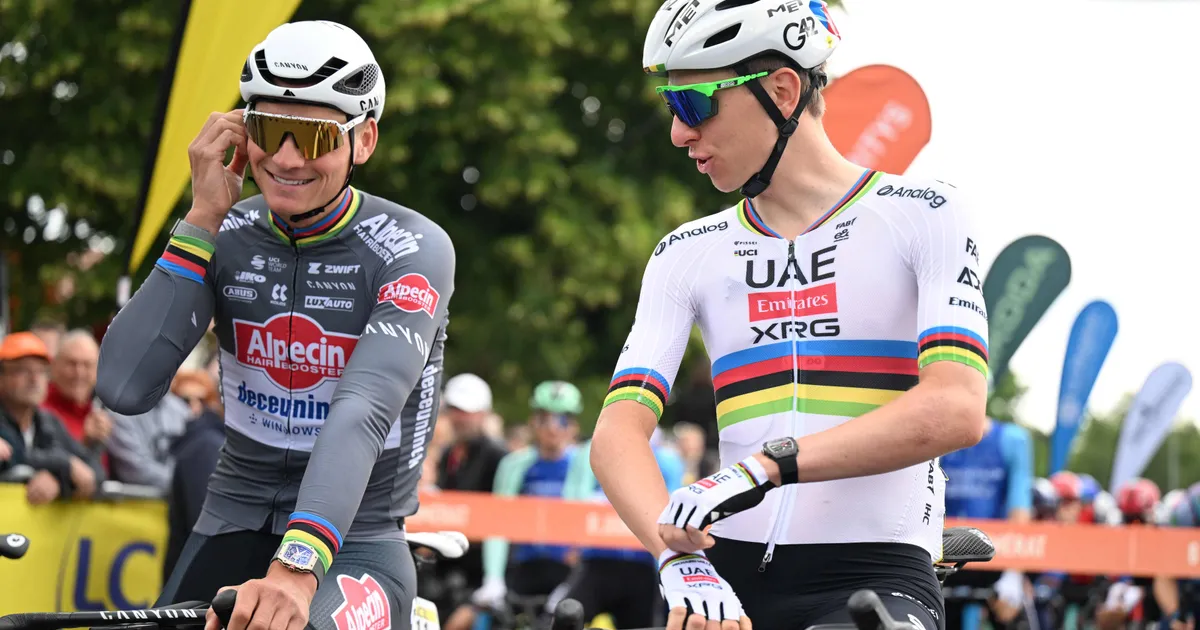Nearly a month has passed since Mathieu van der Poel came
within metres of pulling off one of the Tour de France’s most dramatic stage
wins. Alongside teammate Jonas Rickaert, the Dutchman spent 170 kilometres in a
two-man breakaway before striking out alone in the closing stages, only to be
caught in the final metres by the peloton. Van der Poel had already claimed a
stage win earlier in the race and worn the yellow jersey, but pneumonia forced him
to abandon at the start of the third week.For Allan Peiper, the ride was a spectacle, but also a
symptom of how today’s racing pushes riders to extremes. Speaking on DE
Koffiestop, Peiper recalled, “About six years ago, Mathieu attacked from
way out in Kuurne-Brussels-Kuurne. Everyone thought at the time: oh my gosh.
But now it’s just common for top riders to do it. Last year, Tadej finished the
World Championship on his knees because of it. The question is: how good or bad
is that for those riders?”
“Look, Mathieu rode fantastically in that stage with
Jonas Rickaert. He attacked with 180 kilometers to go and was caught with five
hundred meters to go. But he probably rode the entire race at a heart rate of
180. You can’t tell me that’s healthy. The question is: why? I can imagine that
kind of exertion forces the body even more than pushing it to its limit once.
How detrimental are those efforts? Mathieu went home a week later. Did that
play a role?”
Peiper also pointed to the mental and emotional strain at
the highest level. Citing Tadej Pogacar’s recent Tour, he echoed Tim Wellens’
observation that the final week had become more work than joy for the
Slovenian. “If Tadej doesn’t enjoy it anymore, he’ll quit,” Peiper
said, noting the constant scrutiny top riders face.
“I exchanged a few messages with him to ask if he was
okay. A rider of his stature is under enormous pressure. Everyone’s always
filming everything you do, and that can be taken out of context. If he were to
pretend to be the nice guy, it would have come out already. That’s really who
he is.”
The demands extend beyond the racing itself. “When
you’re standing in the cold air conditioning every day, when you arrive late at
the hotel every time, when you have to speak to the press every day… After
the finish in La Plagne, someone from the ASO bumps into him and even there,
when he’s completely exhausted, he keeps his emotional balance. But it took an
enormous amount of energy from him.”

